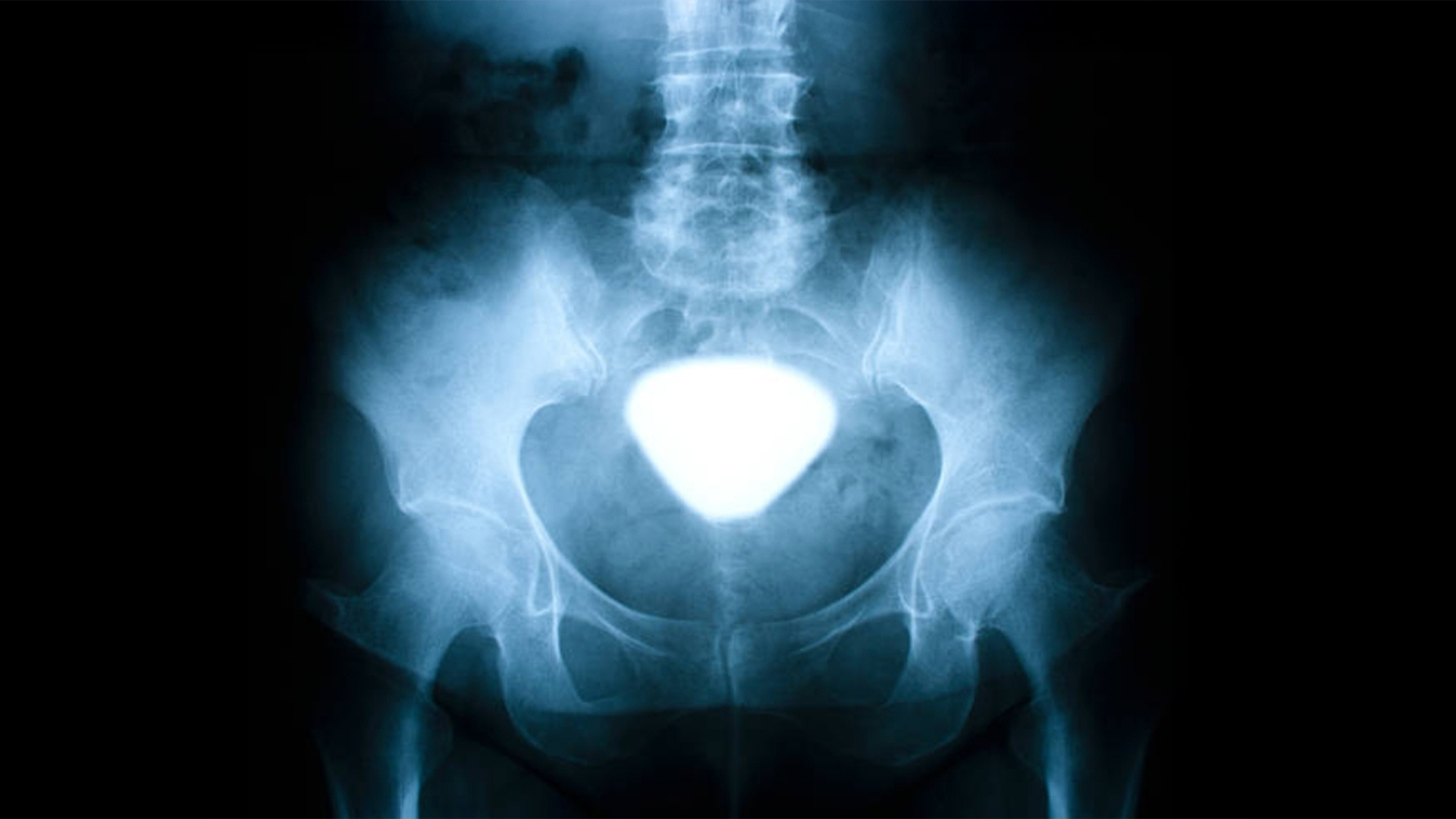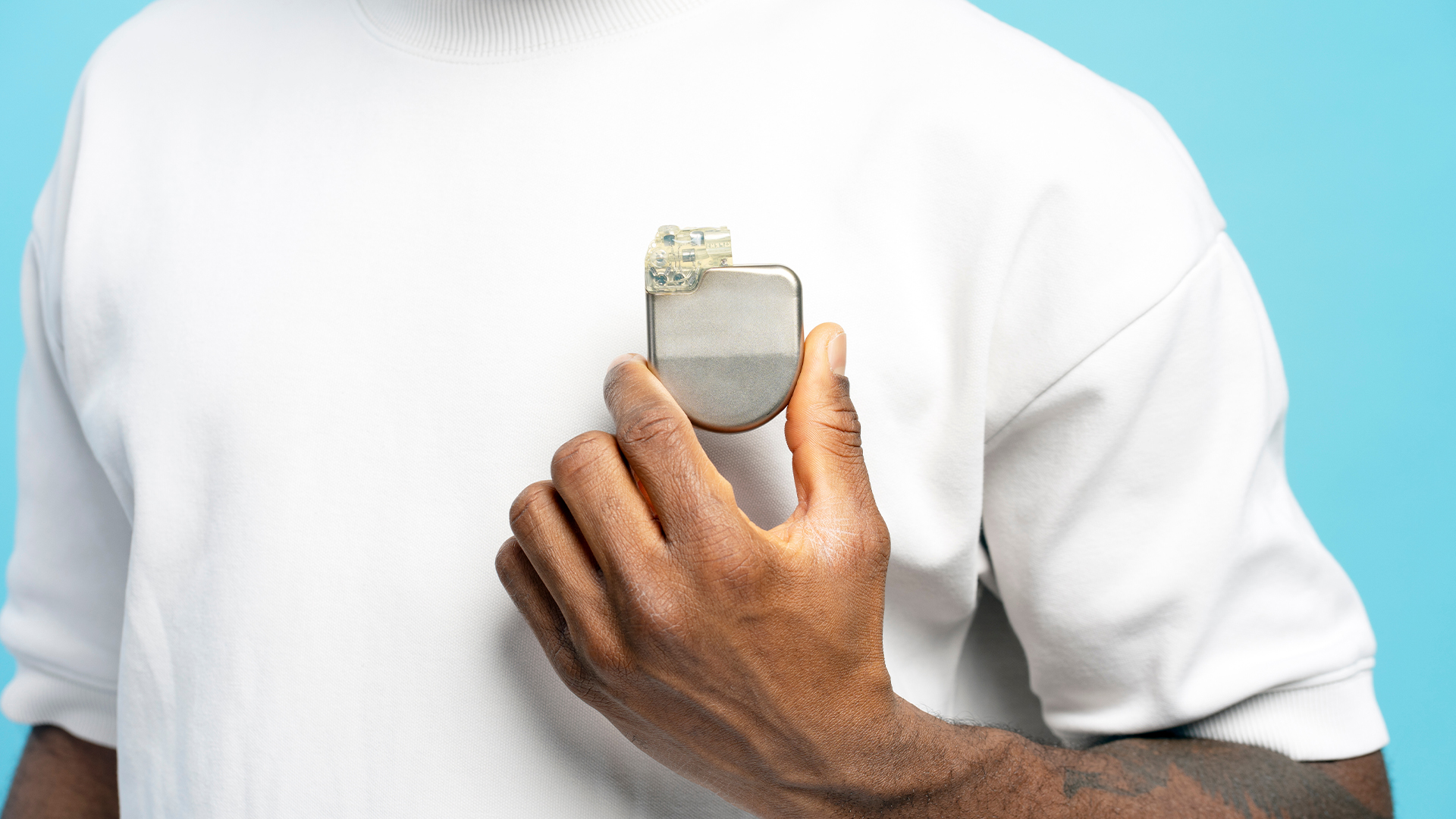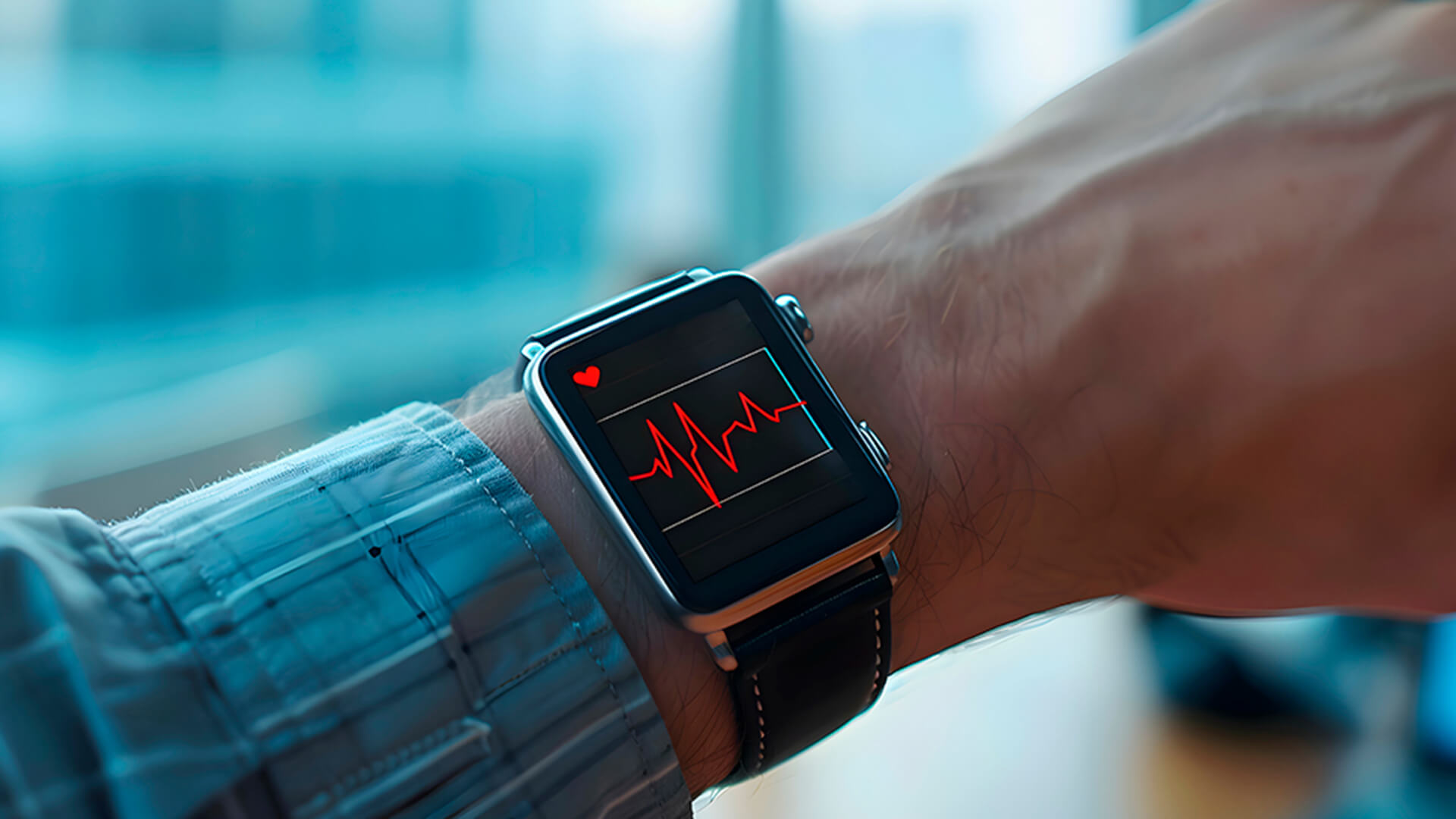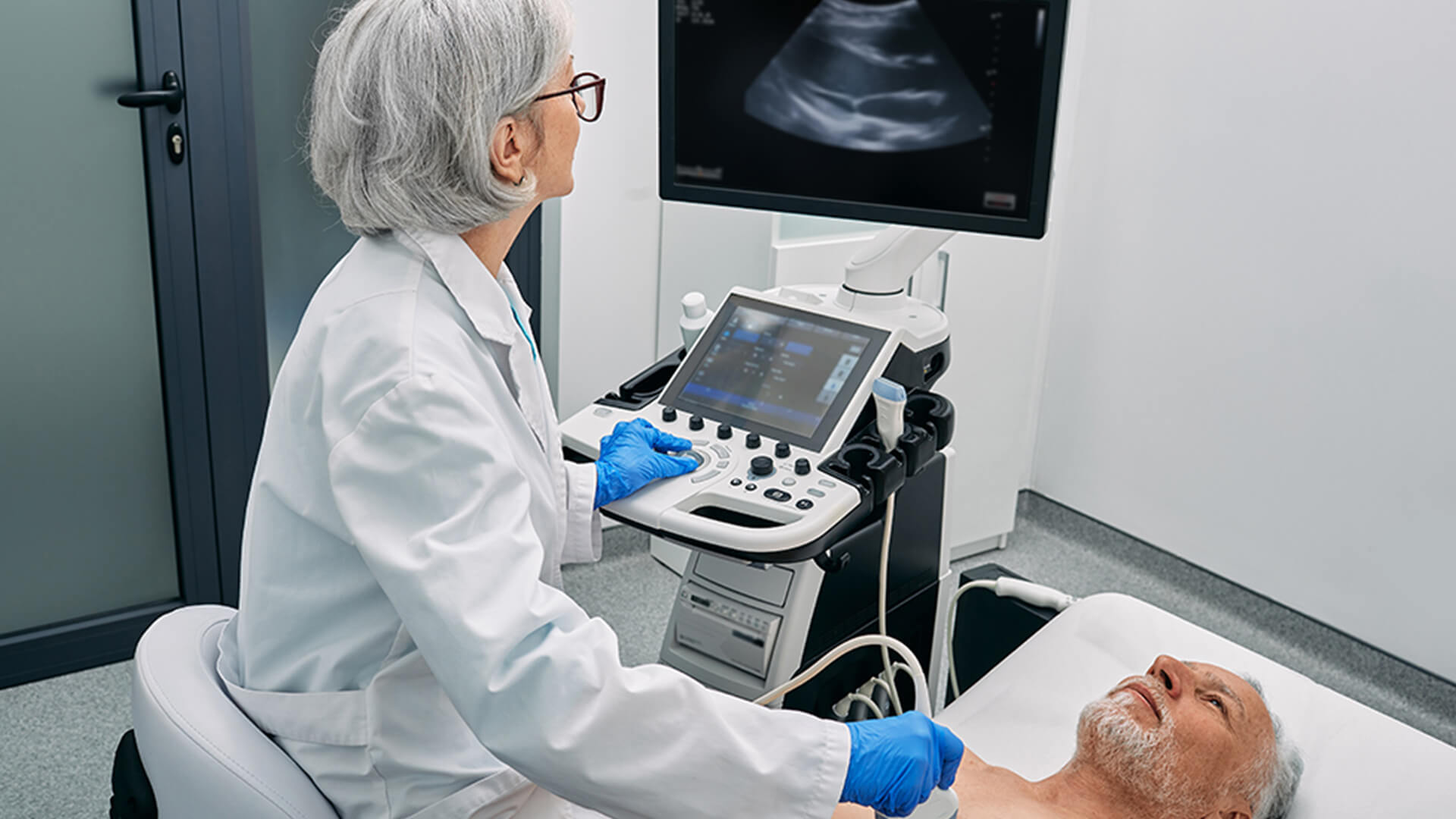
Food allergy: what it is, treatment and prevention
In some cases, a food allergy can be a serious health risk. With a correct diagnosis and the right medical care, you can control the condition and avoid complications. Find out how to take action and protect yourself.








